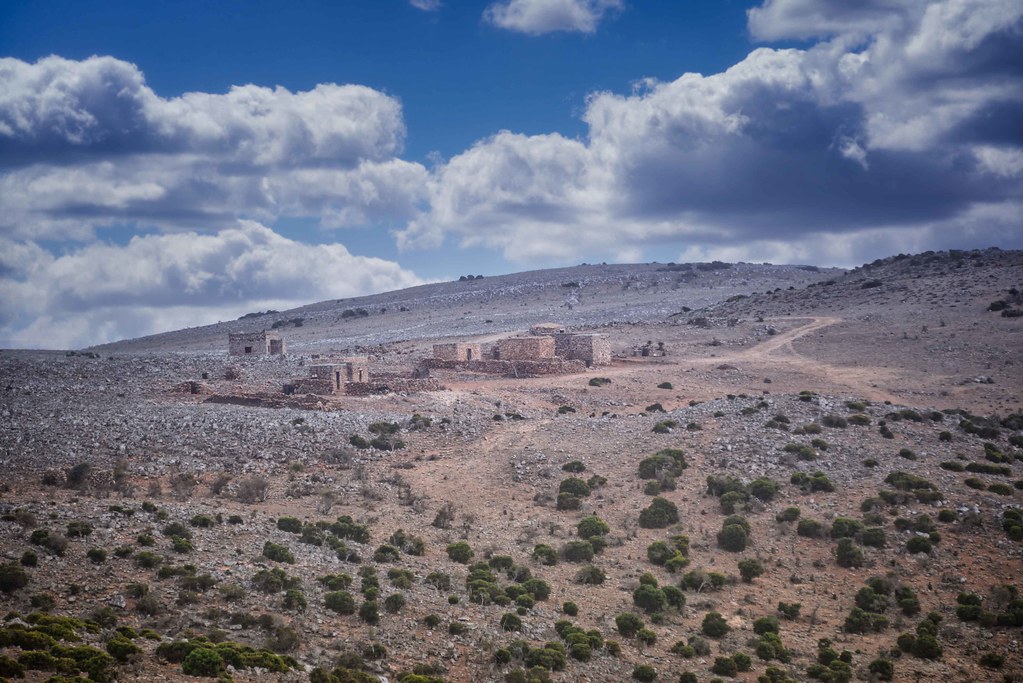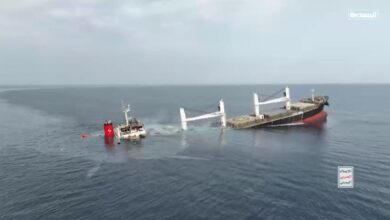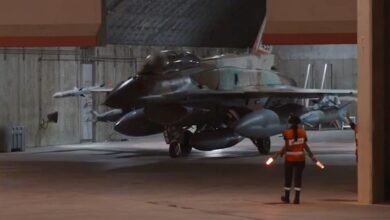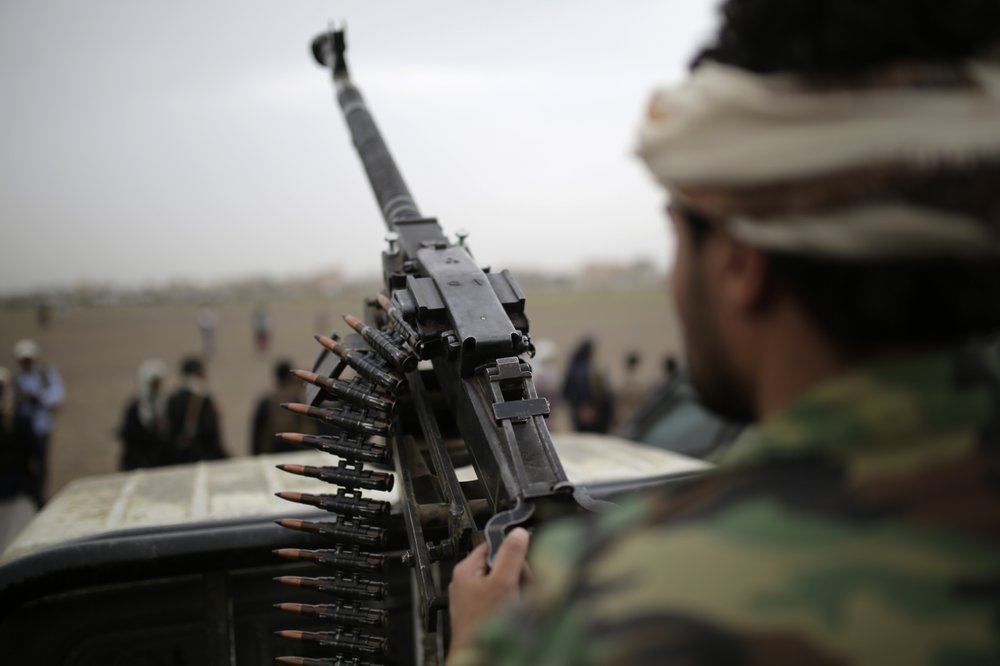
SANAA, Yemen (AP) — Yemeni separatists funded by the United Arab Emirates on Saturday took control of military and police camps in Yemen’s Socotra archipelago, a UNESCO World Heritage site, security officials said.
By day’s end the separatist militia had taken control of most of the remote province from forces of Yemen’s internationally recognized government.
The secessionist Southern Transitional Council also arrested several military personnel and civilians opposed to the presence of UAE-funded militias on Socotra, the officials said. Those arrested included Brig. Abdel-Rahman al-Zafrani, commander of the air force in the province, they said.
No causalities were reported, said the four security officials, who spoke on condition of anonymity because they were not authorized to brief the media.
The militias who are part of the Southern Transitional Council were the on-the-ground allies of the United Arab Emirates, once Saudi Arabia’s main coalition partner in the years-long war against the Iranian-backed Houthi rebels. The STC raises the flag of the former communist state in the south and has pushed to again split the country in two, as it was from 1967 to 1990.
Socotra Gov. Ramzi Mahrous condemned the separatist attacks in his province, saying from his home in Socotra that his forces would fight back. He did not elaborate.
On Friday, separatists seized several state buildings, including the governor’s headquarters, as they pushed into the provincial capital Hadebo. Fighting was fierce with forces of Yemen’s internationally recognized government, led by exiled President Abed Rabbo Mansour Hadi.
The fighting in Socotra threatens to cause irreversible damage to the World Heritage site, which has rare Dragon Blood trees, plant species, spices and marine life, many of which are found nowhere else.
The violence in Socotra comes after the separatists declared self-rule in Yemen’s south earlier this year and seized control of the city of Aden, a bid that sparked fears of fresh chaos in a country already embroiled in five years of conflict.
Last summer, the UAE announced it was ending its role in the conflict. However, observers believe the Gulf country continues to be active through its proxies.
Before its withdrawal, the UAE set up a military base in Socotra, which enjoys a strategic location overlooking a vital international shipping lane. It also awarded Emirati citizenship to hundreds of residents and has recruited scores of others to help consolidate its grip over the island, raising tensions with Hadi.




